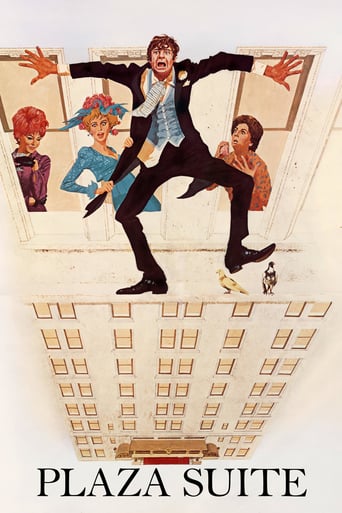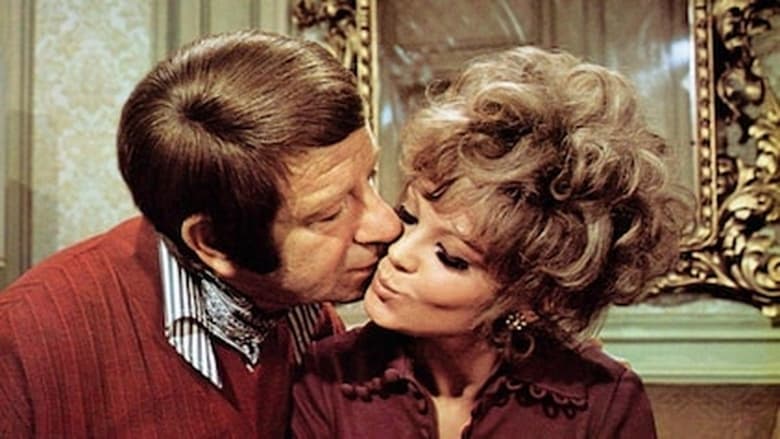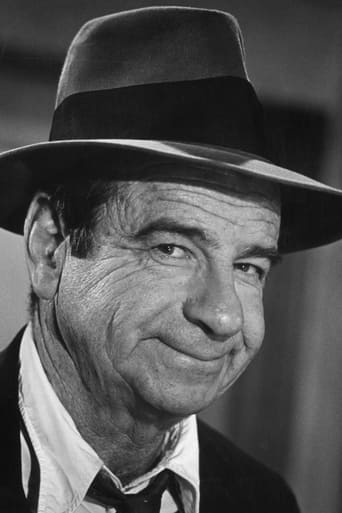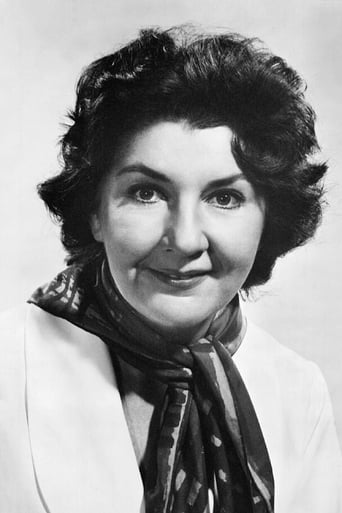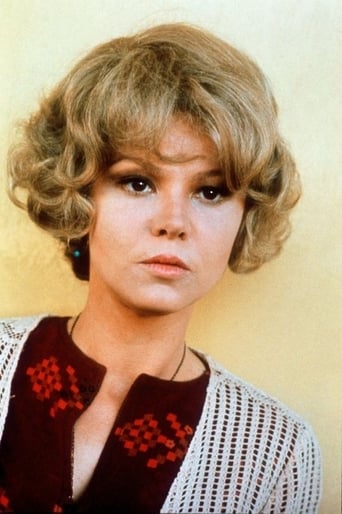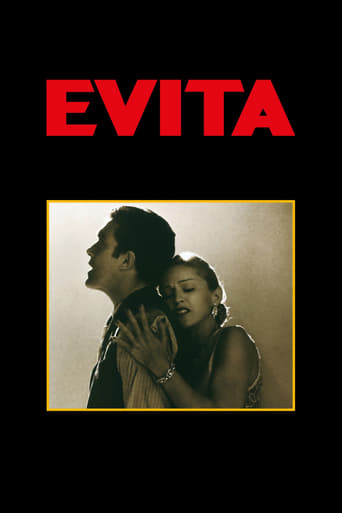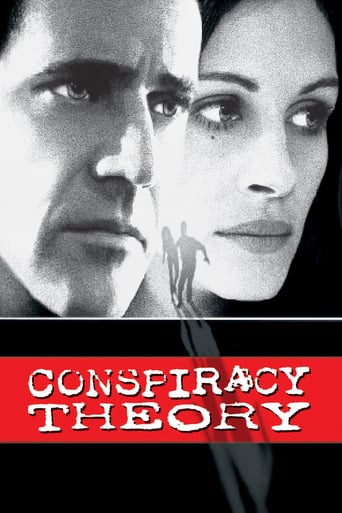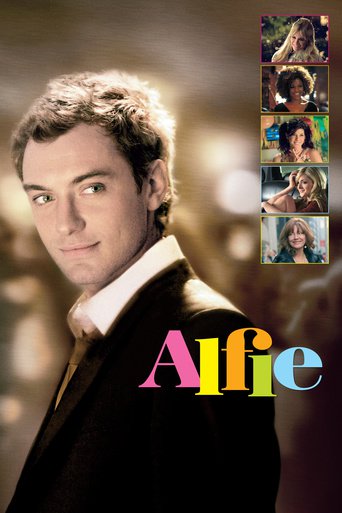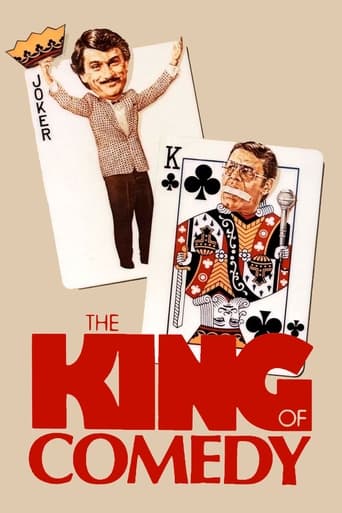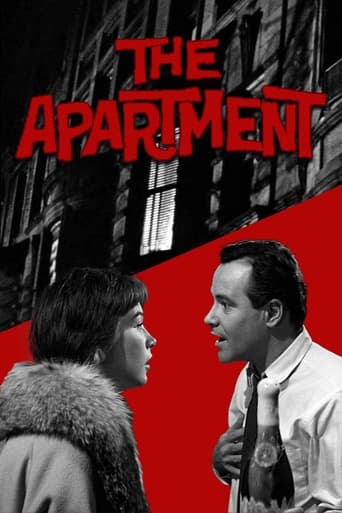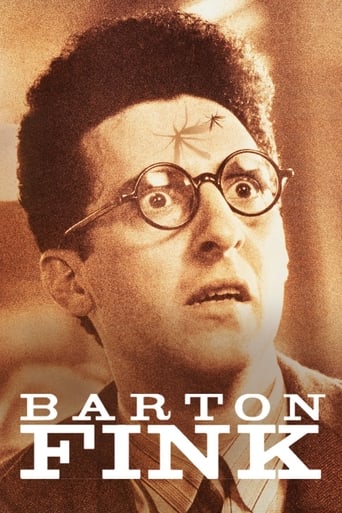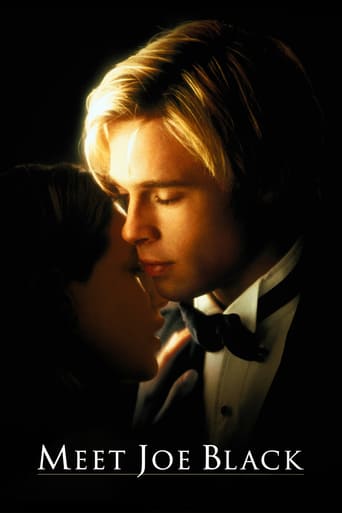Plaza Suite (1971)
Film version of the Neil Simon play has three separate acts set in the same hotel suite in New York's Plaza Hotel with Walter Matthau in a triple role. In the first, Karen Nash tries to get her inattentive husband Sam's attention to spruce up their failing marriage. In the second, brash film producer Jesse Kiplinger tries to get his former one-time flame Muriel to see him for what he stands for. In the third, Roy Hubley and his wife Norma try and try to get their uncertain-of-herself daughter out of the bathroom before her approaching wedding.
Watch Trailer
Free Trial Channels
Cast


Similar titles
Reviews
the leading man is my tpye
Sadly Over-hyped
Great movie! If you want to be entertained and have a few good laughs, see this movie. The music is also very good,
Watch something else. There are very few redeeming qualities to this film.
Central Park South is the setting of this film version of the Neil Simon hit Broadway play that gets a faithful film adaption that is both character driven and a comedy of the lack of American manners. A business man reveals to his wife on their 30th anniversary that he's been having an affair; A movie star meets an old girlfriend for chat and a hopeful rendezvous; A frustrated father of the bride deals with his nervous daughter. The women all face their situations with typical Neil Simon humor, a bit of bitterness. an overabundance of vodka stingers and brittle cynicism mixed with love and embarrassment. Walter Matthau plays all three men with different looks-one dark haired with a mustache, one a California dyed blonde and one salt and peppered with an expensive tux. The women were three of the most popular stage and screen actresses of the time and all superb if at least one a bit annoying in her clinging manner. That honor goes to Maureen Stapleton, too loving, a bit cloying and way too chatty. Dealing with the news that her 30 year marriage may be on the rocks (plus the presence of anchovies in her room service order that she particularly requested she not get. Louise Sorel is the secretary who pops by with paperwork which leads to the revelation of the six month fling he's been trying to end. This segment ends with a bittersweet conclusion and while Stapleton's character could be a bit too much, I felt sorry for her in many different ways.Broadway musical star Barbara Harris is the vodka stinger guzzling former girlfriend of movie lothario Matthau's, a station wagon wife and mother who is impressed by the name- dropping Matthau who is spoofing Hollywood pretty boys trying to remain glamorous past their prime. This is the least interesting of the three segments because the motivations are simply one dimensional and the characters aren't fully drawn out.This leaves the best for last, a wedding segment with Matthau sounding very much like Archie Bunker and Lee Grant as the frustrated wife and mother. Grant is excellent, giving the best of the female performances even though it was Stapleton who ended up with a Golden Globe nomination.It's easy to see why Matthau was so popular at this time and remained a leading man in spite of looking like a character performer. In spite of his gruffness, there is something really likable about him. He reminds me of the crazy uncle who amuses the kiddies while annoying the adults. Small moments work better here than some of the bigger moments. Some familiar faces add on to the character driven plays including familiar soap faces Jordan Charney and Augusta Dabney.
Give Walter Matthau a script by Neil Simon, and the results were often golden. But give Matthau three Simon scripts, in the form of this adaptation of three one-act plays set in a room at Manhattan's Plaza Hotel and starring Matthau in widely different roles, and all you get is a harsh clanging sound.Two problems dog the movie. One is the opening act. Here Matthau plays a preoccupied businessman coldly dismissive of his anxious, aging wife Karen (Maureen Stapleton). It represents a stab at serious drama by Simon, with a few unfunny one-liners thrown in to offer some wan chuckles. Matthau's character barks about the roast beef having too much fat. Stapleton, meanwhile, is all feral desperation, eyes bulging and eager to please, practically begging her husband for a moment's attention as she worries about the state of their marriage."I like to put your eyedrops in," she says at one point in their labored to-and-fro. "It's the only time lately you look at me."The "can-this-marriage-be-saved" storyline doesn't work, because we don't care about him and can only pity her, especially as it develops and he drops a bomb on her you see coming five minutes in. "I'm attached to you!" she wails. Stapleton is a chore to watch here, and director Arthur Hiller is no help as he magnifies her every overplayed emotion with long, tight close-ups.After that, you get the lighter pieces, but like Moonspinner's review here notes, you aren't really in the mood to enjoy them after that opening act from hell. This brings up the second problem: Simon's not much funnier here when he's trying to be.Story #2 has Matthau playing a Hollywood producer picking up an old flame from Tenafly, played by Barbara Harris. Harris is a good comic actor and plays her part well here, but there's nothing much to this story, unless it's the novelty of Matthau in a blond wig. Early on we see the producer going through his little black book, with the idea that Harris's character is just another time-filler to him. But later, he seems to get serious, telling her he sleeps on a 360-degree bed but that 180 degrees of it are empty. Simon never bothers to explain what the character really thinks.She, meanwhile, just gets drunk, which is where much of the comedy comes, along with her curiosity about his show-business life. "Do you know Frank Sinatra?" she asks. The segment peters out after many show-biz gag lines and maybe one or two light chortles.The final tale puts Matthau in a gray wig and tails as the father of a bride who won't come out of her bathroom to get married in the Plaza Hotel ballroom. He worries about the cost of everything: "There's 200 dollars of cocktail frankfurters getting cold downstairs."Mother-of-the-bride Lee Grant begs her daughter to think of the social shame of a lockaway bride. "Come out of the bathroom now," she pleads. "If you want, I'll have it annulled next week." Contrived as it is, and it's very much so with Matthau taking a walk on a ledge to try climbing through the bathroom window and battling pigeons instead, this is the one sequence with any hard laughs or energy to it, and the only time Matthau seems engaged. Simon doesn't know what to do with the situation, though, and it shows, with a left-field resolution that feels like a shrug.I guess the point of the picture, beyond maximizing the use of a single cheap set, has something to do with taking in the dicey state of man-woman relations circa 1971. Simon apparently didn't change the script much from the stage play, a hit on Broadway, but what might have seemed novel and engaging in live theater comes off claustrophobic and cold here. The stories lurch from melodrama to contrived sitcom humor, while Matthau's usual irascible energy is lost under an uncharacteristic absence of charisma. The end result is a movie that fails to deliver much of anything, and takes too long doing it.
I should probably first note that I have a bias. I'm a huge Walter Matthau fan. Almost any film with Matthau in it can get up to a two-point boost from me simply because of his presence, which naturally implies a great performance. With Plaza Suite, I'm not sure there was any overhead to fill, although my initial reaction to the second segment of the film this time around was that it perhaps brought the score down to a 9. However, on further reflection, I think the performances in each section of this film are perfect, as is Neil Simon's writing and Arthur Hiller's direction.And if those three aspects are perfect, so is the film, as Plaza Suite is one of the purist examples of a structurally simple "filmed play" that can be had. As such, it shows why the normative advice that "films should not be filmed plays" is not hard and fast. It depends on the material. In some cases, such as Plaza Suite, nothing else would have worked better than this "filmed play".Except for a couple very minor shots, mainly to serve as segues between the three segments, the whole film takes place in a single hotel room--a suite at New York City's Plaza Hotel. Although there are a few ancillary characters, the film solely rests on the shoulders of three man/woman couples.The play by Neil Simon first ran at the Plymouth Theater in New York City beginning February 14, 1968, with Mike Nichols directing. The play was unusual in that George C. Scott and Maureen Stapleton took on the roles of three different couples.After Arthur Hiller's success with the Neil Simon work The Out-of-Towners (1970)--which was initially written as a segment of Plaza Suite, by the way, but then siphoned off because Simon rightly felt it was too different tonally--Hiller was contracted to do the film version of Plaza Suite as well. George C. Scott had just become a big star because of 1970's Patton, and was unavailable. Thankfully, Hiller tapped Matthau to play the male roles. As with the stage version, Matthau plays three different parts. Slight changes in make-up and costume aid his varied performances. Because Hiller felt that also having the same woman play three different parts would probably confuse film audiences (and at present, audiences would probably try to figure out what the Matrix (1999)-like plot is if the same actors played all three couples), he instead had Stapleton reprise her role in the first segment, while Barbara Harris did the second and Lee Grant the third.The first segment, "Visitors from Mamaroneck", concerns Sam (Matthau) and Karen Nash (Stapleton). Karen has booked Suite 719 at the Plaza to celebrate their wedding anniversary. Sam arrives a bit late. It quickly becomes clear that all is not marital bliss with the two. Sam is mostly preoccupied with work, and they bicker about everything, including how old Karen is, whether they really stayed in 719 on their honeymoon all those years ago, and just how long they've been married.The second segment, "Visitors from Hollywood", concerns film producer Jesse Kiplinger (Matthau) and Muriel Tate (Harris). Kiplinger is staying in Suite 719, at some other point in time. He's in town on business. He calls up Tate, an old flame, now married with three kids, in his hometown in New Jersey. Tate hesitates but shows up at his hotel for "one quick drink". Kiplinger just wants to use her, and the segment is a subtly complicated cat and mouse game between the two.The third segment, "Visitors from Forest Hills", concerns Roy (Matthau) and Norma Hubley (Grant), parents of a bride-to-be. They're in Suite 719, at some other point in time, all decked out for their daughter's wedding, which is being held downstairs in the very expensive hall. However, their daughter has locked herself in Suite 719's bathroom and won't come out or respond. The segment has Roy and Norma trying everything they can think of to get their daughter to come around, while they bicker all the way.The performances in each segment are quite different in approach. In the first, Matthau and Stapleton begin in almost a quiet realist drama mode, gradually work up to very intense comedy, and gradually transform that into even more intense, serious turmoil. The progression provides a breathtaking ride, with Stapleton particularly impressive (Matthau is appropriately much more subdued). This segment has a surprisingly downbeat conclusion.In the third segment (I'll come back to the second), Matthau and Grant stay in a fairly high-intensity comedy mode throughout. This is the funniest segment (intentionally so)--I routinely had to pause the DVD because I was laughing so hard, and I've seen this film a number of times over the years. The comedy is an unusual combination of witty dialogue occasionally veering almost towards slapstick. It ends the film on a very high note.The second segment was the one I had a problem with initially, as at first the performances do not seem nearly as confident and convincing. However, on analysis, they're not supposed to seem confident or convincing. Matthau and Harris' characters are each playing very unsure roles with each other. Kiplinger is experimenting with his manipulations and Tate is experiencing a rapid onrush of conflicting thoughts and desires. The "shaky" performances are perfect for the roles.Although Plaza Suite is at heart a play, Hiller lets his filmic sense strongly affect the work, but in very subtle ways. For example, in the first segment, there is a clever usage of staging to symbolically show the rapidly evolving relationship. There is also ingenious usage of camera movement around Stapleton at appropriate moments. The other segments use similar techniques.The confluence of superb writing, superb direction and the veritable master class for actors results in a must-see film that's both moving and hilarious.
Not very funny or interesting. All three of the skits are pretty boring. I could hardly keep myself awake during the second one, I only watched the third one because i heard it was the best of the three, It was just as bad as the first two. Walter Matthau is a fine actor but not in here.

